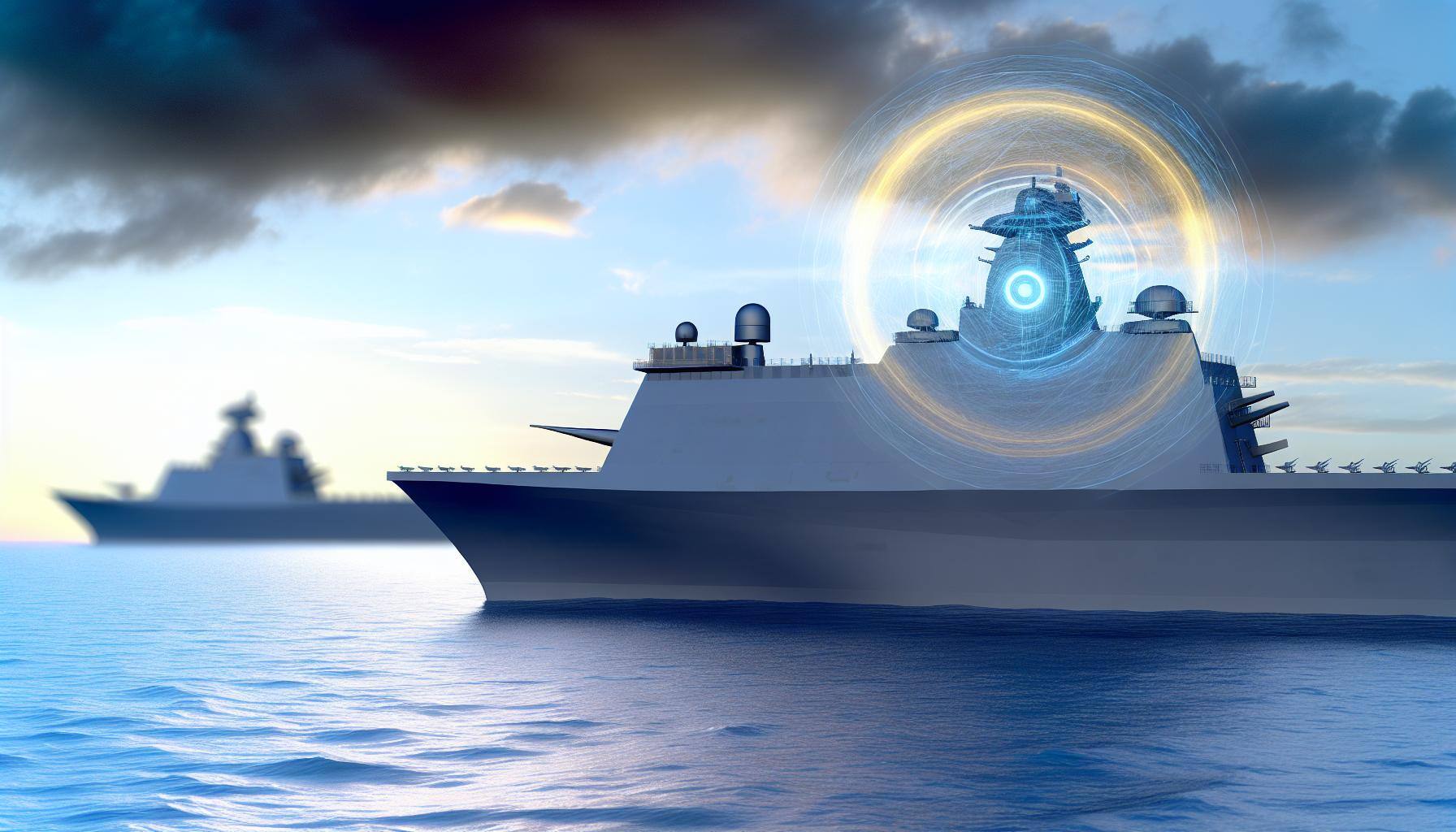The People's Republic of China has registered 26 China Coast Guard (CCG) vessels to operate in the Western and Central Pacific Fisheries Commission (WCPFC) Convention Area, marking the first such deployment.
The WCPFC oversees 20% of the globe, including significant strategic zones known as the First, Second, and Third Island Chains. This move allows the CCG to legally board foreign fishing vessels in these critical waters, enhancing China's maritime presence.
Since 2020, China has maintained four Coast Guard vessels in the North Pacific Fishing Commission Area. With the new registrations, China will have the third largest maritime security presence in the Pacific, following the United States and Australia. The CCG, the maritime arm of China's People’s Armed Police, is built to People’s Liberation Army Navy (PLAN) specifications and operates under PLAN during wartime. This deployment exemplifies China's gray-zone strategy—actions below the threshold of war to challenge the existing strategic order.
China employs multiple channels to legitimize its military and intelligence activities in the Pacific, including dual-use military-civil operations. These hybrid warfare tactics are now the primary traditional security threat in the region. President Xi Jinping has openly rejected the rules-based international order, urging Chinese citizens to prepare for conflict.
For over 70 years, the Pacific's sea lines of communication and chokepoints have been secured by the strategic denial policy of the United States and its regional allies, including Japan, South Korea, Taiwan, Australia, and New Zealand. This policy aims to exclude adversaries from establishing a military presence. However, its effectiveness is limited by the lack of binding military agreements among Pacific island nations, despite the collective security principles outlined in the 2000 Biketawa and 2018 Boe Declarations.
China has aggressively targeted states within the First, Second, and Third Island Chains with gray-zone activities, foreign interference, and attempts to form a China-centered security alliance. For over two decades, the PLA has provided extensive military support to Tonga, Fiji, and Papua New Guinea. China's Ministry of Public Security has signed secret cooperation agreements with police forces in Fiji, Kiribati, Vanuatu, and Solomon Islands. Additionally, PLAN vessels have conducted military diplomacy and intelligence missions in the Pacific for 20 years.
A global military power requires access to foreign ports, airfields, and satellite ground stations. Despite repeated Chinese attempts to secure militarily significant sites in Kiribati, Vanuatu, and French Polynesia, these efforts have been thwarted. Instead, China's state-owned enterprises, funded by the Asian Development Bank and World Bank, have constructed key infrastructure in Pacific island nations, enhancing China's influence.
China's distant-water fishing fleet, the world's worst offender for illegal, unreported, and unregulated (IUU) fishing, operates as a state-subsidized maritime militia. This fleet, notorious for human trafficking and environmental destruction, works with the CCG and PLAN to assert Chinese territorial claims, particularly against Vietnam and the Philippines. The Biden administration has identified China's IUU fishing activities and maritime militia as national security concerns.
China's gray-zone tactics complicate a coordinated response due to their sub-threshold nature. However, the 2018 Boe Declaration emphasizes non-interference in domestic affairs and collective security for Pacific Island Forum Members. It is imperative for these nations, along with Australia and New Zealand, to collectively address China's hybrid warfare threats, paralleling their united approach to climate change. The continued peace and security of the Pacific region depend on such cooperation.





